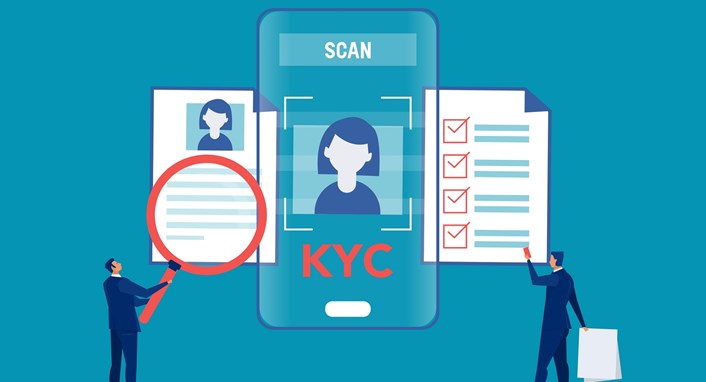While KYC practices have been a longstanding fixture in the banking sector, their significance has surged in recent years due to heightened regulatory efforts aimed at curbing money laundering. Unfortunately, staying abreast of these requirements can pose challenges, particularly for newcomers to the business landscape.
A comprehensive KYC verification process should be undertaken every time a new customer is brought on board. This procedure encompasses the collection of identifying details such as names, addresses, and official identification documents. In addition, it is crucial for companies to cross-reference potential customers against sanction lists and ascertain whether they hold politically exposed positions.
Clients often exhibit reluctance towards KYC measures. Disclosing personal information to enterprises, especially those in the financial realm, doesn't come naturally to individuals who harbor concerns about identity theft and data breaches. Apprehensions about data monetization abound, and many individuals are also skeptical about the safeguarding of their information against cyber threats. To make KYC standards effective within your organization, it is imperative to address security and privacy apprehensions. Implement the requisite measures to shield sensitive data from compromise or unauthorized access. By doing so, you can cultivate trust and foster collaboration with customers when soliciting the personal information necessary for KYC compliance.
Irrespective of the sector, all businesses should establish a robust Know Your Customer (KYC) verification framework. KYC protocols are designed to guarantee that companies possess precise knowledge about their business associates. In the absence of rigorous KYC verifications, the risk escalates of engaging in activities that could potentially lead to issues for companies or even run afoul of the law.




















